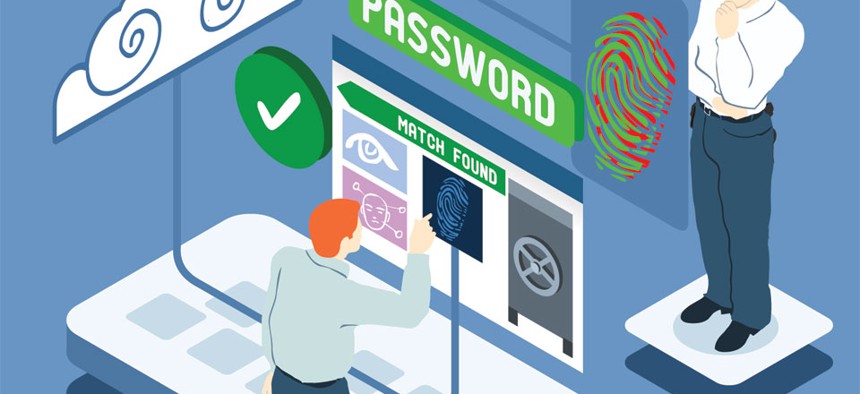In the Near Future, Your Face Will Be Your ID

aurin/Shutterstock.com
One California-based firm builds software that uses more 16,000 data points—like the distance between eyes—to identify an individual.
Click, the BBC’s technology news program, recently profiled a US company called FaceFirst, which specializes in facial recognition technology. The California-based firm builds software that uses more 16,000 data points—like the distance between eyes—to identify an individual. It also provides a service to law enforcement officials and airports so captured faces can be compared against a list of people who may be on watch lists or even wanted lists.
Where things get interesting is when FaceFirst demos a prototype of where the company thinks facial recognition technology is going in the near future. A police officer will be able to slip on a pair of glasses that feature a camera in the bridge and lenses that also double as displays. Think Google Glass, but with a purpose. The camera captures whatever the officer is looking at and queries it against a database of millions of photos, delivering results in near-real-time. Meanwhile, the BBC also discovered that over on its home turf—the UK—police slowly been building that database without telling anyone.
In the US, recent support for police cameras has focused on accountability, in the wake of several controversial shootings and questions about police powers. This report shows another potential reason to provide officers with cameras—with its own set of potential benefits and privacy concerns.
(Image via aurin / Shutterstock.com)





